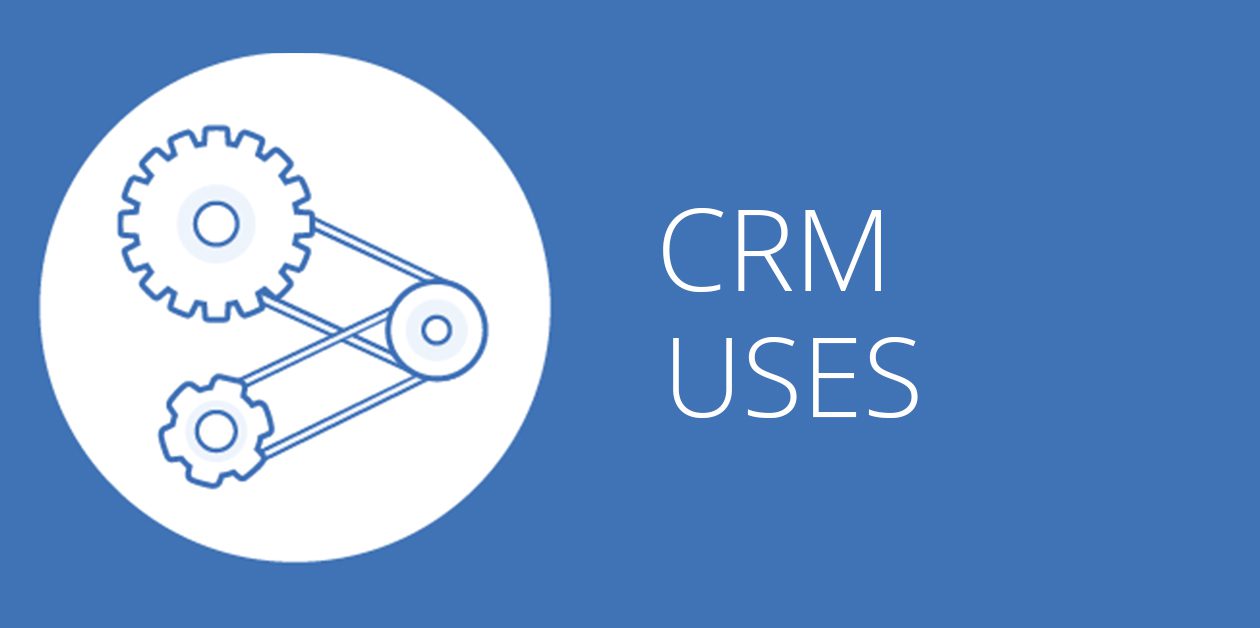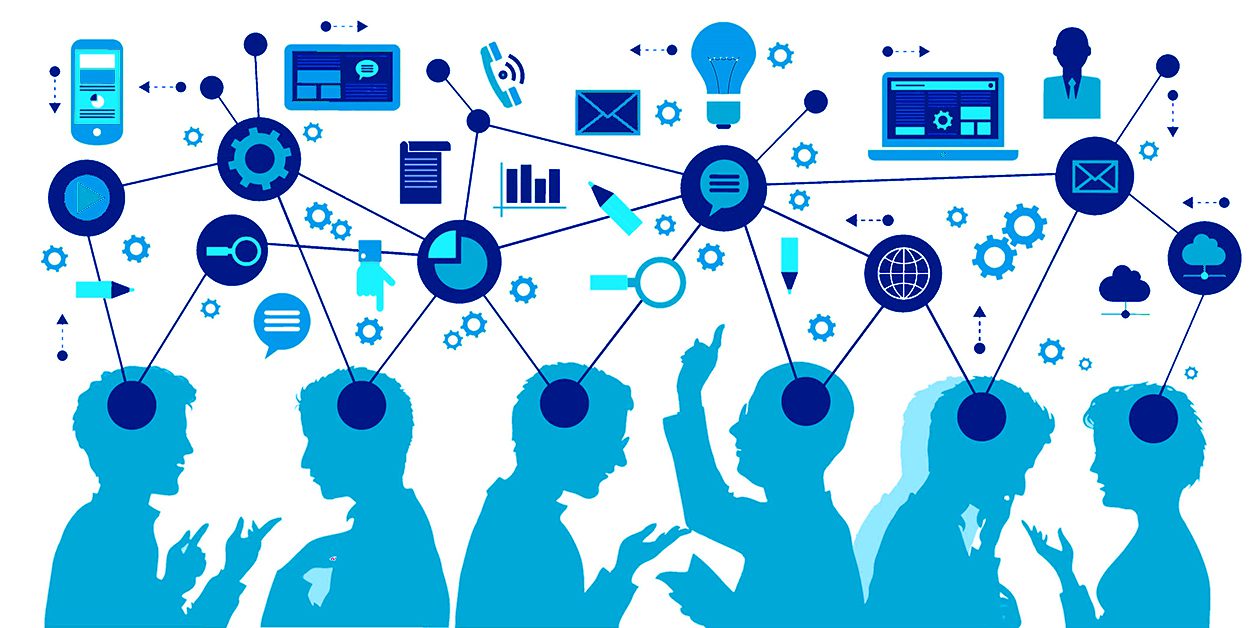Share
Read also
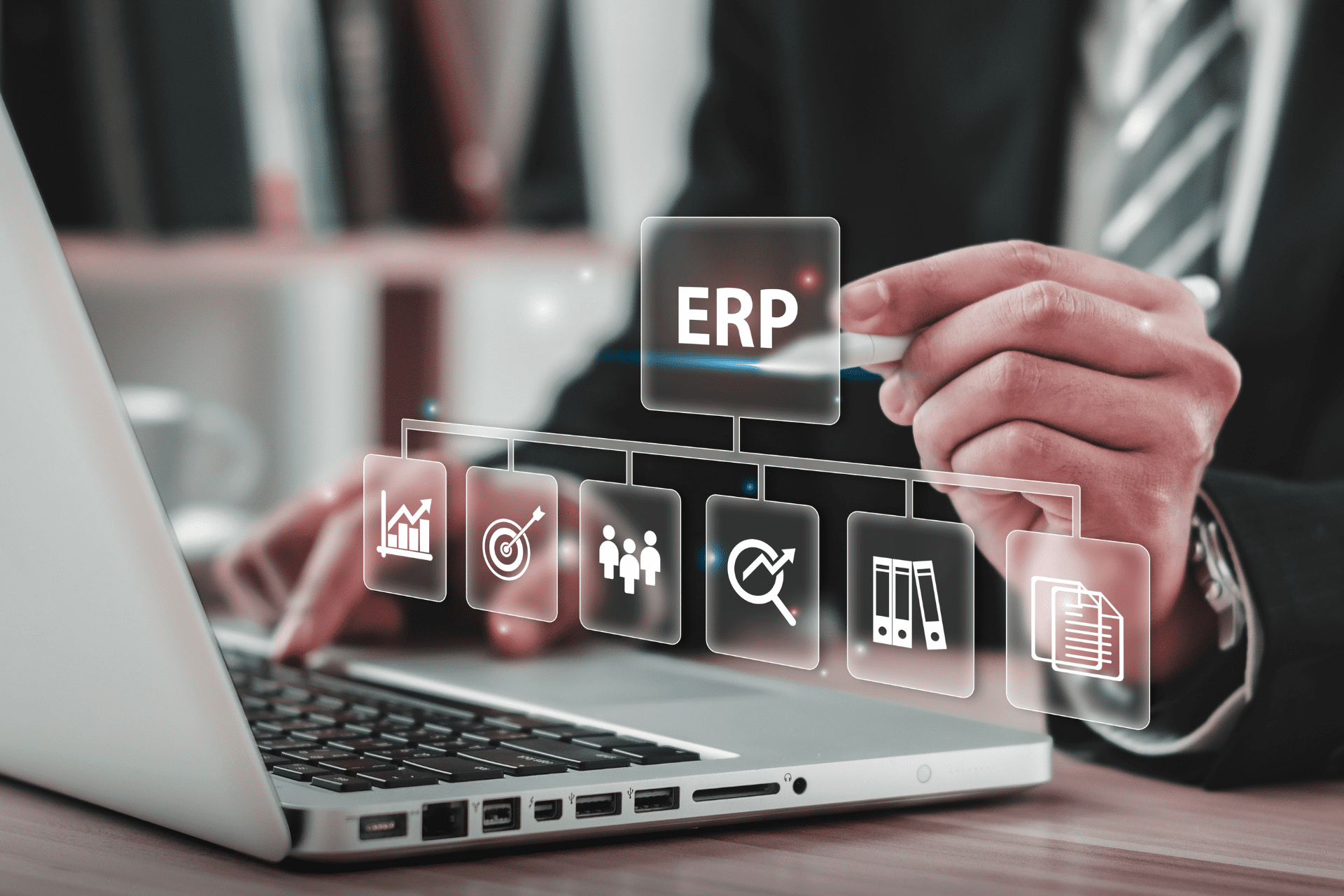
Business Software
ERP Trends for the New Year
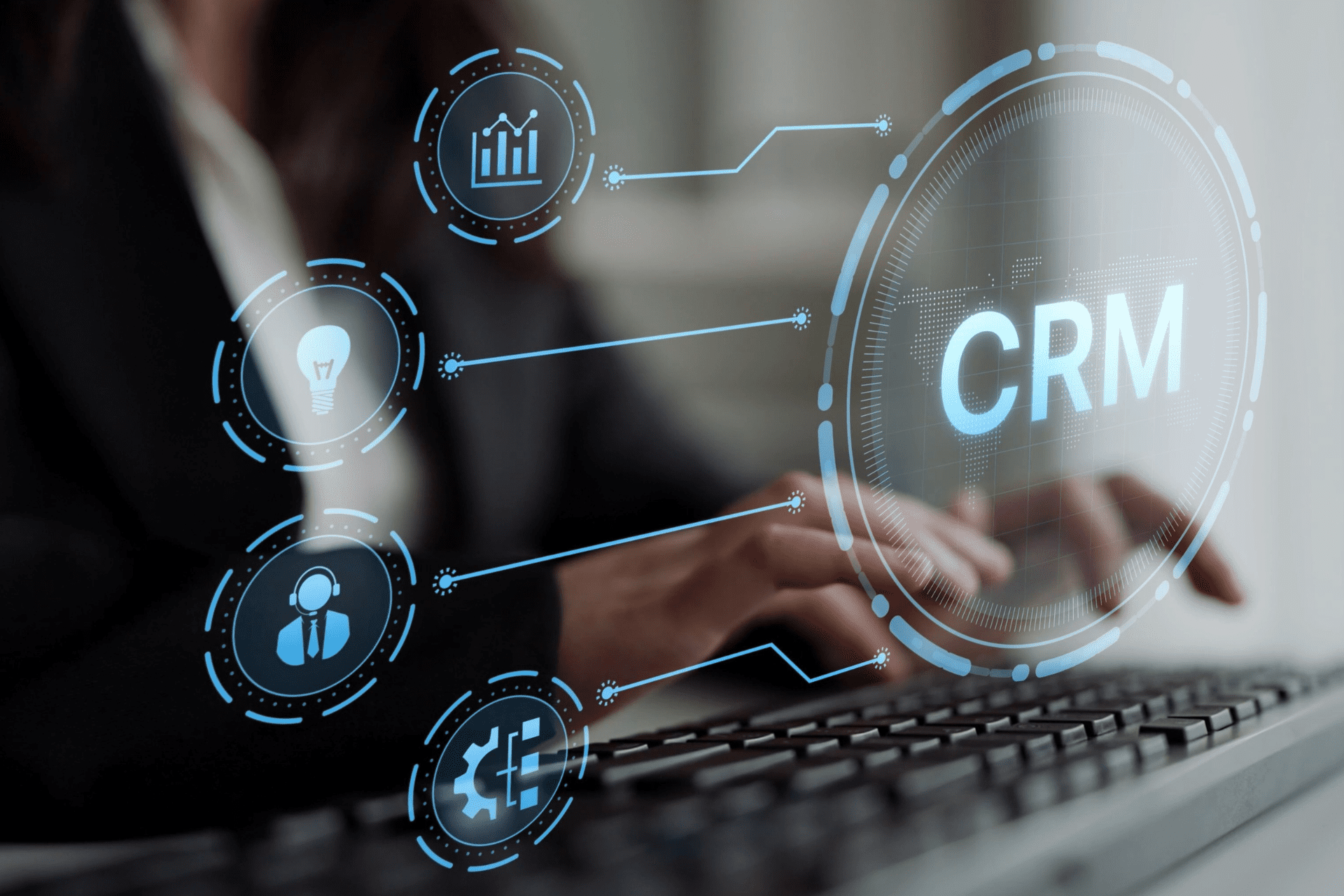
Business Software
The New CRM Trends for 2026

Trends & Views
Digital Transformation Trends for 2026
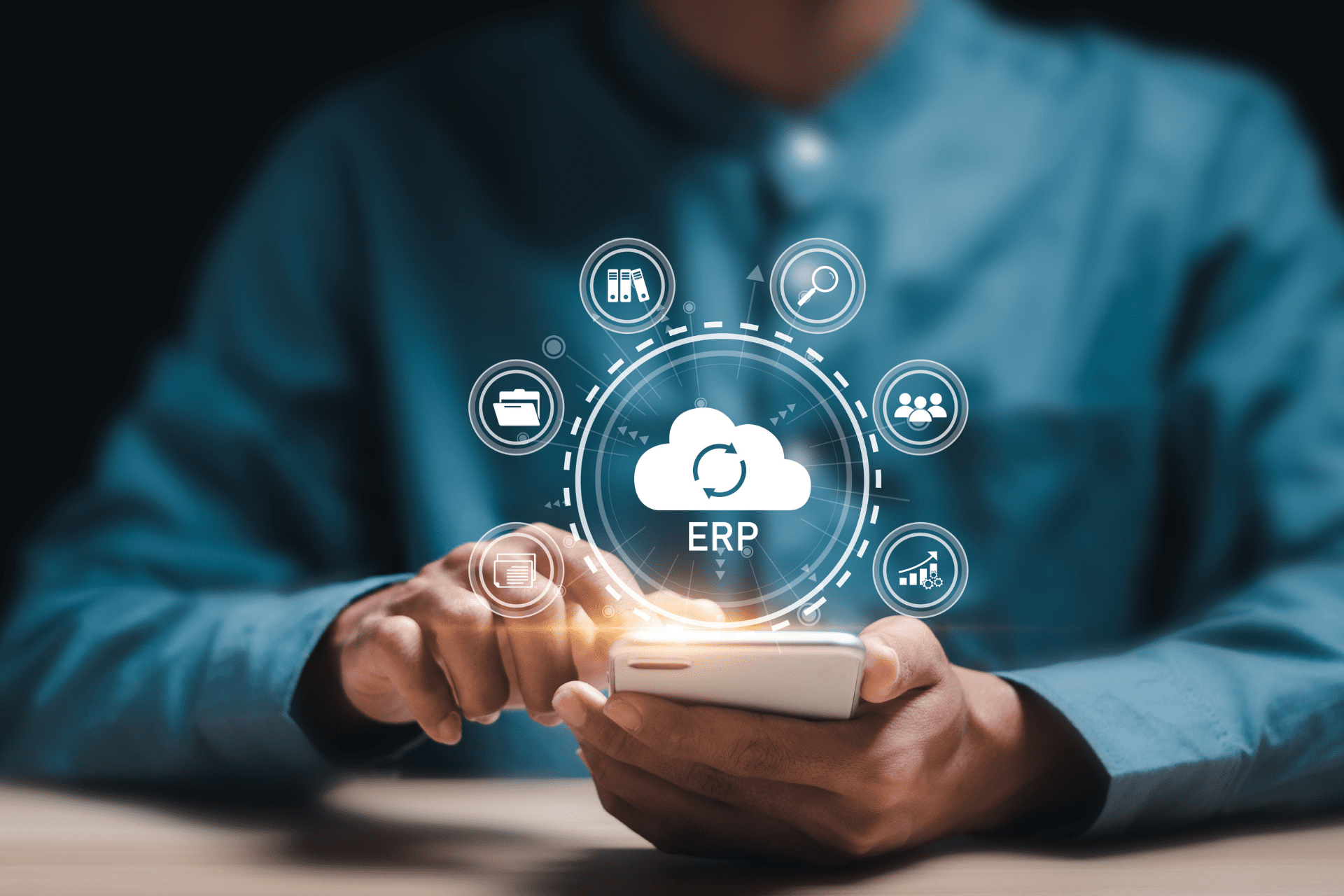
Cloud
Explosive Growth in the Cloud ERP Market
Although price is obviously an important parameter, it should not be the first or the most important criterion for selecting an ERP solution. As the universal principle “You get what you pay for” holds true in the case of ERP systems as well, opting for a cheap solution could mean ending up with a system that doesn’t meet your needs and/or having to cover significant “hidden costs” that you may have initially overlooked.
So, as you are narrowing down your ERP options, it is advisable to focus on certain points that may prove to be equally important to price.
The role of TCO
TCO (Total Cost of Ownership) is an expense that includes annual maintenance, customization, training, support, and the required hardware. Therefore, if the asking price is quite tempting, don’t forget to be duly informed on whether it includes all the above-mentioned in order to have an accurate view of the TCO.
Hardware and operating systems
An ERP system that is built on a common and familiar platform is another key consideration. Does the ERP system use modern technology that your IT staff can support? Will it require a new server or do you plan on a cloud deployment? Do you need to upgrade your operating system at the same time? These are only some of the important questions you have to ask yourself from the beginning.
The role of customization
When selecting an affordable ERP system, you run the risk of realizing later on that it requires customization to perform all the desired tasks. And you should always keep in mind that customization creates additional maintenance and upgrading needs. On the other hand, if you choose a reliable provider, this process will be properly completed from the beginning.
The role of training
The true benefits of ERP are not achieved without educated end users and ongoing training, an expense that is difficult to quantify. Did you consider this cost during the initial selection of the solution? If the provider offers free training, did you consider whether it is enough to meet the needs of end-users or whether extra hours will be required, resulting in an increased cost? Make sure that you plan ahead doing proper research and analysis.
Features and functionality
The majority of ERP systems, even the most affordable ones, have standard modules. Consider what modules you currently need and what you may need in the future. With technology rapidly changing, you should consider a system that is built for the future and includes everything that covers both your current and future needs.
User-friendly
Affordable doesn’t necessarily mean easier to use. A low-cost solution will certainly be simpler, but is it what your business needs? In any case, the solution must be easy to use to maximize the value of your investment and its successful adoption by the users. On this basis, the interface needs to be truly user-friendly, something that an affordable system does not necessarily guarantee.
The role of support
There are various levels of support provided both during and after the ERP implementation project. This is where all kinds of “bargains” are offered and the biggest issues are usually created. You should check whether support is provided by the vendor, as well as whether it is delivered on-premise or remotely. It is important to know in advance the available support options and methods, and whether there are any additional costs. Support is an absolute necessity. You can’t afford to ignore it for the sake of a lower price.
